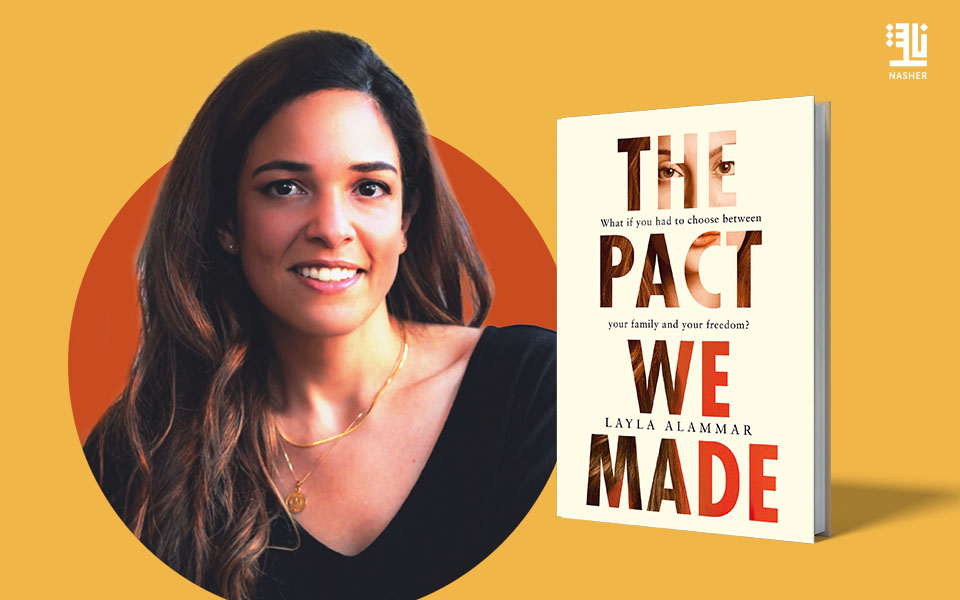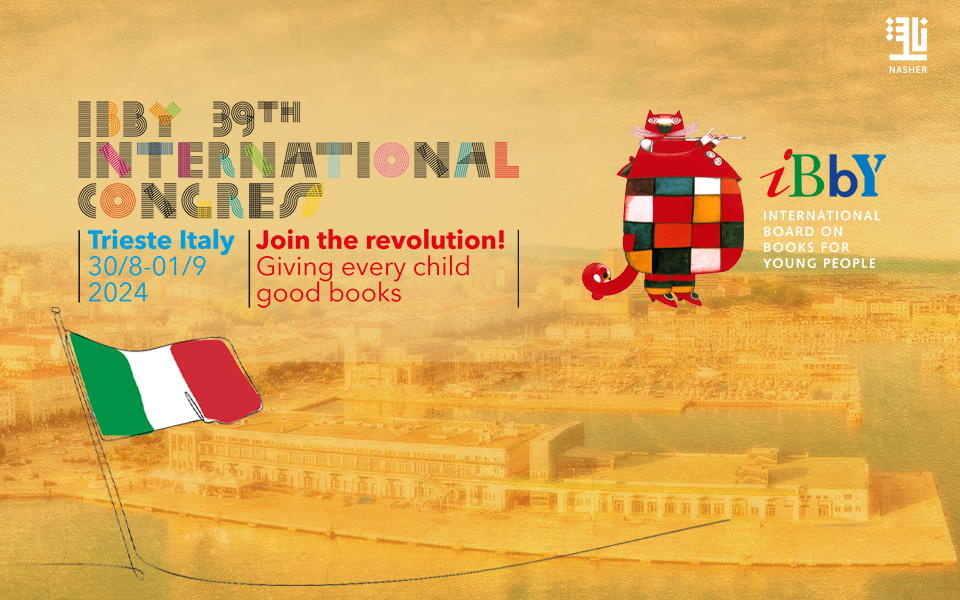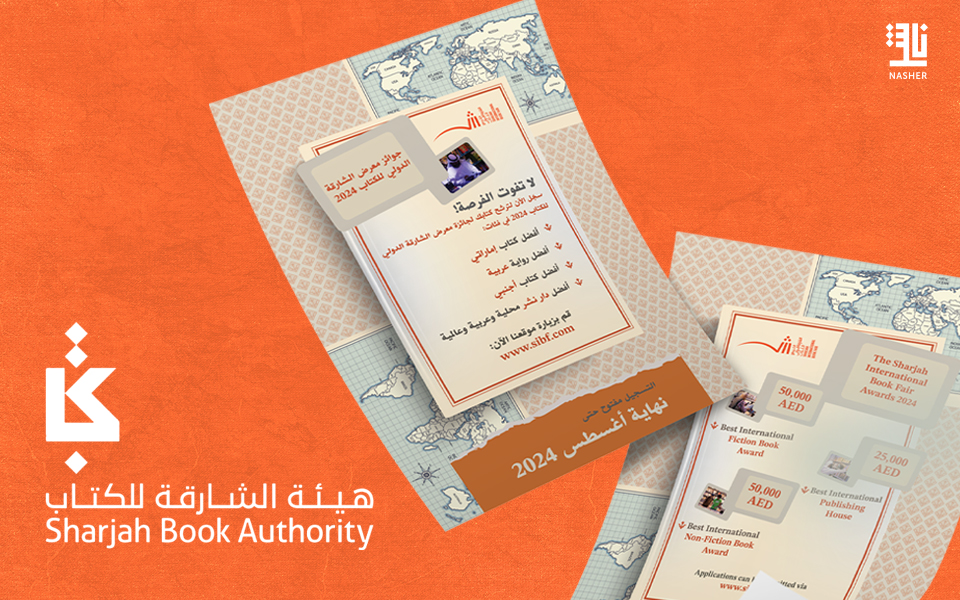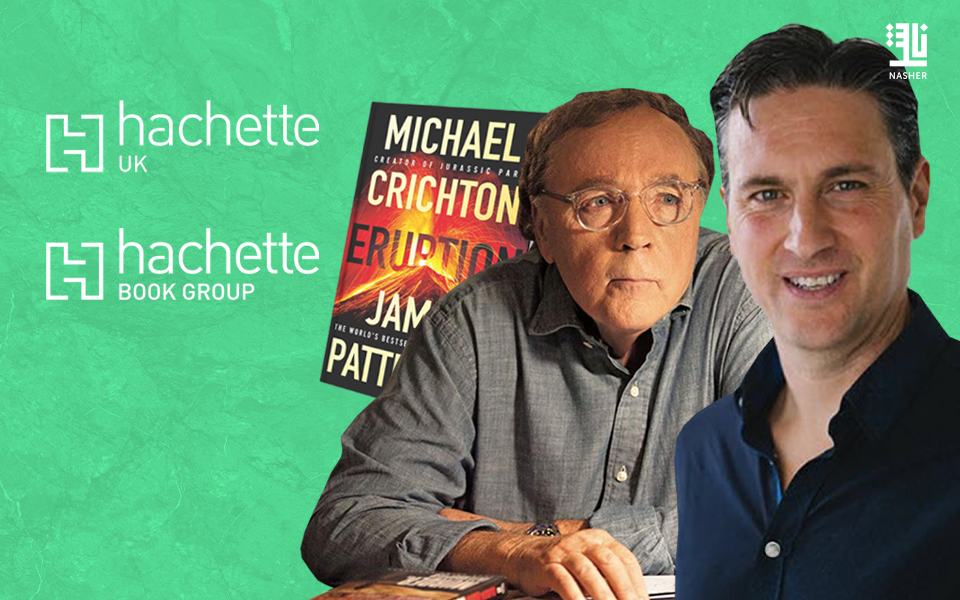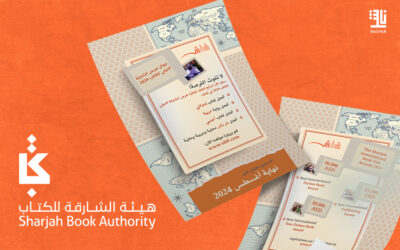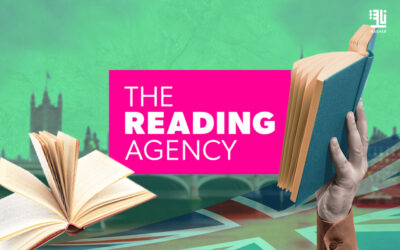The Pact We Made is Layla AlAmmar’s debut novel which is set in Kuwait, where the author grew up, and follows Dahlia… The story is told by Dahlia, the younger daughter of well-off Kuwaiti parents. Dahlia is approaching her thirtieth birthday and her mother is anxious that she should marry as she fears that Dahlia is in danger of being left permanently on the shelf. To this end, her mother regularly introduces her to eligible young men, along with their mothers as is the custom. Dahlias older sister has fulfilled the cultural expectations and married, as have Dahlias two close female friends. However, it is clear from almost the start of the novel that Dahlia has suffered a traumatic event during her formative period and, as a result, is very unsure about what she wants in her life. Much to her mothers increasing frustration, Dahlia shows no interest in the young men to whom she is introduced. Her father is less concerned about the need for her to marry but will not support Dahlia in her wish to travel abroad in order to study. He is adamant that she should remain living at home.
Dahlia has a job in finance which she does not enjoy and her main interest in life is art, specifically at this point in her life, The Caprices by Goya to the extent of the sketches being a near obsession. She thinks that there is a similarity between the 18th century of Goyas Europe and the 21st century of Asia, including the rationality infected by persistent superstitions. Dahlia feels at odds with the world and that her life is not her own; she has, in the past, occasionally resorted to self-harm.
The Pact We Made is a book about familial and cultural expectations, the lingering effects of trauma, and healing and loving yourself again.
We learn in fragments about the trauma Dahlia suffered as a teenager, partially because she herself cannot face it and partially because others would prefer her to suppress the trauma for appearances’ sake. At times, it seems Dahlia is almost outside of herself or a different person when she is thinking about her trauma. On top of trying to come to terms with trauma, Dahlia is also trying to work out what it is she really wants compared to what could have been had she made different decisions at earlier points in her life, something she often reflects on.
In the novel, Dahlia’s two best friends, Mona and Zaina, are both married; Mona found a love match in Rashid, while Zaina, and Dahlia’s sister Nadia, opted for an arranged marriage. These marriages, along with others in the book, look one way to Dahlia, but there is more going on beneath the surface.
Dahlia is a complex character, unsure of how to navigate a life and roles that have been thrust upon her. Her parents are enormously protective, with the exception of one huge failure of protection that has overshadowed the family since Dahlia, now in her late 20s, was a teenager. There are indications of unresolved teenage trauma. Dahlia loves to draw, to express her personality and enjoy freedom of expression, and she loves the liberation of swimming. The importance of art is a recurring theme, and Dahlia often draws the same motifs over and over again, and she is drawn to a number of Western artists, notably the bleak visions of Spanish 18th century painter Goya.
This novel is not a page turner. It is a slow and quite gentle unfolding of a story about a young woman who is suffering the mental repercussions of a traumatic event in her earlier life. This event, of which her parents are fully aware, has never been properly addressed due to cultural expectations relating to marriageability. Although the reader sympathises with Dahlia, she is a character that is hard to like and her action towards the end makes us question who she really is.
And yet Dahlia lives in contemporary Kuwait, where these trappings of modern life coexist with a highly traditional, conservative Arab society. I didnt make many choices, she tells us, as her parents organise yet another appointment with a potential suitor. Dahlia is nearly 30, and time is running out for her to find a suitable match. The pact she made with Mona and Zaina as young girls that they would all marry at the same time has long since expired, and her mother is piling on the pressure for her to agree to somebody, even if its a stranger suggested by a traditional matchmaker. If she fails to comply, she will bring shame on her entire family. My body isnt strictly mine, she explains. Its a shared entity, something to be guarded, commented on, violated. As that final word suggests, Dahlia is also living with a dark secret; no potential suitor must ever know that as a young girl she was abused by a member of her extended family. Her father confronted the abuser privately but any public accusation or retribution would ruin her chances of a good match. So she is left to deal with her trauma in the dead of night when a demon, a yathoom, comes and squats on her chest, squashing the air out of her lungs. The idea of marrying anyone let alone a man she might meet for the first time three weeks before the wedding fills her with horror.
Still, the ominous subtitle on the cover is: What if you had to choose between your family and your freedom? The narrative drive in the novel comes from the kind of escape Dahlia wants to make. She is an artist in her spare time and dreams of studying in the United States, but she cant leave the country without her fathers consent. She also suffers from anxiety attacks, partly triggered by the abuse she encounters as a child kept secret in case it shames the family. If all this context sounds slightly grim, Dahlia can be a lot of fun, too. She goes out, she parties, she has a really strong group of friends. She wonders, with some wry humour early on, whether it might be “better to eradicate the nuclear family altogether” and instead “disperse like loose seeds, striking our roots into some foreign earth”.
We have give The Pact We Made 6 out of 10 and is published by Borough.

